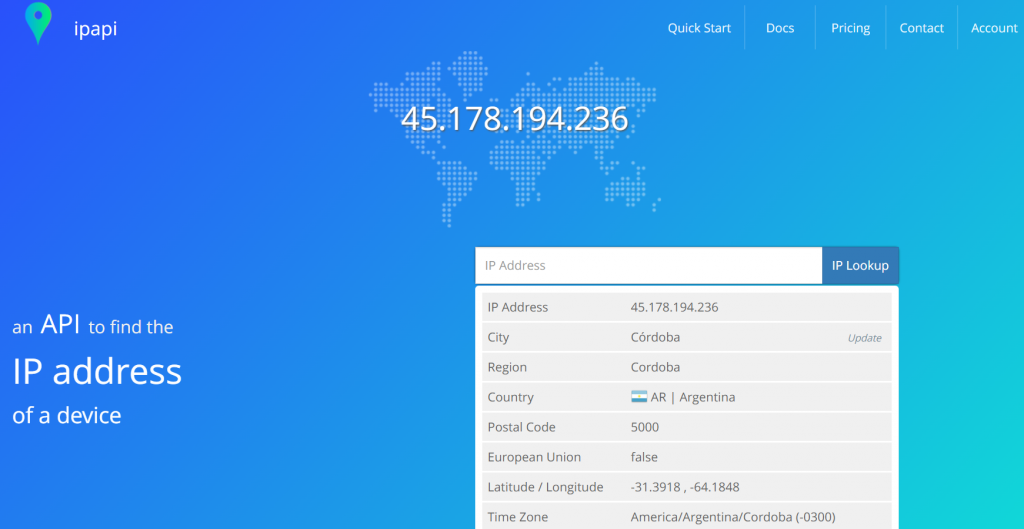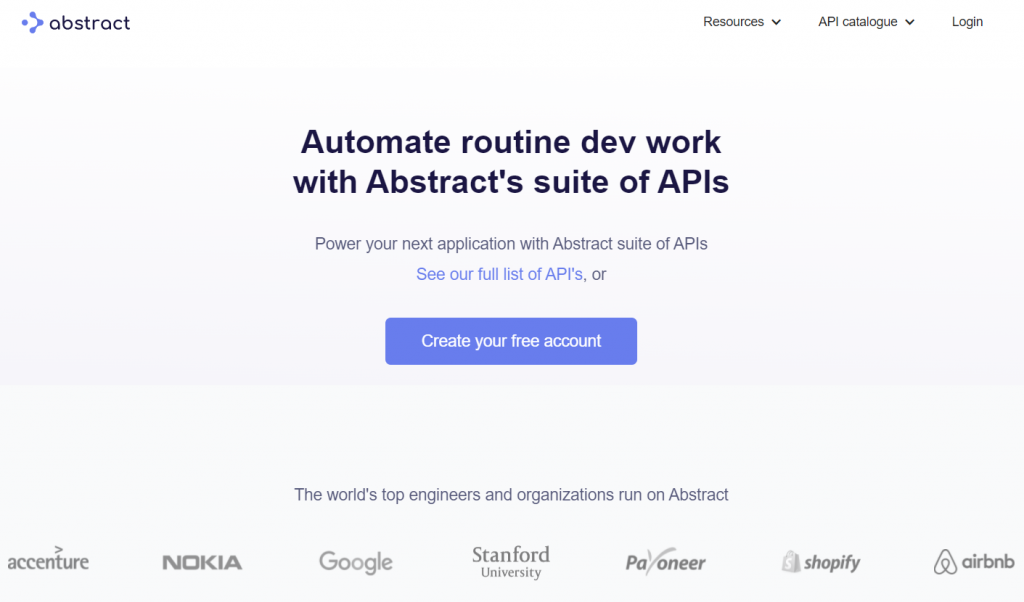We all want to know where our visitors are coming from. Knowing this can allow us to personalize content and better understand how users interact with our service. To this end, IP geolocation APIs exist to help us access the location of IP addresses in a simplified manner. Nonetheless, knowing which API is best is vital for achieving the correct result (and not wasting your time).
IP geolocation APIs are the best tools of their kind. They provide a wide range of benefits to anyone using them, regardless of size and experience. On the other hand, in a well-written article, you might want to include screenshots or images that help your reader understand a certain topic (in this case IP geolocation). If so, you will need an image hosting service .
Geolocation has already been a thing for years, so if you are thinking it is now obsolete, you are wrong. It is used by hundreds of millions of people every day and its numbers continue to grow; this is why businesses should be taking steps to take advantage of geolocation. IP Geolocation APIs are used by developers looking to find the location of visitors to their website, app or even physical shop through their IP address.
If you are a developer and want your GeoIP database to use in your project, there are five IP geolocation APIs that you can use.
1. ipXapi

ipXapi is a geolocation and IP address identification application with a lot of power. It’s a free website monitoring tool that uses JSON, PHP, and Python to function. Due to its database and API, this service provides excellent levels of accuracy in IP statistics. It is linked to a number of well-known ISPs, who provide updates on new and current IP ranges on a regular basis.
Because ipXapi is linked to a variety of channels that provide real-time IP data, the API’s database is constantly updated, with up to 24 database changes per day. It has over 2 million unique locations in over 200.000 cities throughout the world, and its time-zone module is quite accurate.
2. ipstack

You may use ipstack API services to detect and identify visitors to your website before they submit any information into your system. The API data may be used to improve user experiences based on location data, as well as to detect real-time dangers and potential threats to your website.
The ipstack infrastructure is connected to a number of major Internet service providers (ISPs), who are continually supplying crucial data on newly registered IP ranges and modifications to existing ones. This, along with a technological infrastructure that is both rock-solid and extremely scalable, offers the greatest degree of data accuracy and IP data coverage possible. Throughout the day, database updates occur frequently, and real-time queries complete and provide results in milliseconds.
3. Ipwhois

Developers may use IPWHOIS to screen out bot traffic and personalize information based on the visitor’s location. This API may also be used to geolocate IP addresses in bulk and do other tasks. It, too, is designed in a RESTful manner and has a single goal. It supports JSON, JSONP, and URI Query String/CRUD requests, as well as JSON responses.
Their database is nearly always up to date. Due to the integration of various channels, IP data is supplied in real time (RIPE, APNIC, ARIN, AFRINIC, and others). It also offers a real-time reaction speed of up to 90 milliseconds in most parts of the world.
4. Ipapi

Ipapi is an online analytics service that contains a location API and an IP address lookup. The API may be used to access location information associated with an IP address, such as city, country, latitude, longitude, timezone, and ASN, as well as discover the external IP address programmatically.
It supports PHP, JavaScript, and the REST API. Connection, asn, hostname, location, proxy, tor, crawler detection, and threat level security are all provided by Ipapi.
3. Abstract

Abstract provides powerful APIs for automating common development tasks. They make validating emails, geolocating IP addresses, calculating VAT, compressing photos, and other tasks straightforward. This platform focuses on offering a fantastic development experience with outstanding documentation and support, and it offers both free and paid alternatives. Every month, the Abstract API processes over 3 billion queries for companies and websites including Shopify, Payoneer, Google, and even Stanford.

